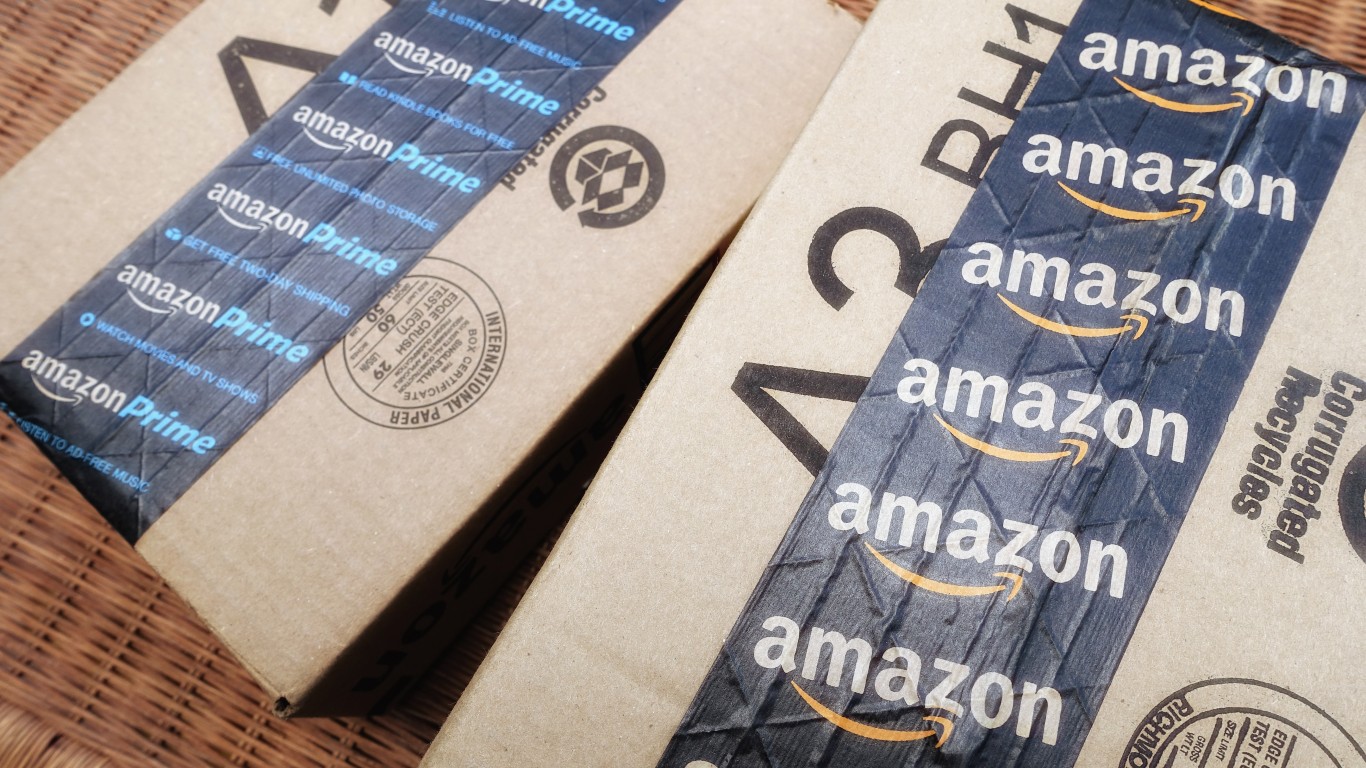 The numbers are worse every time the UN’s Food and Agricultural Organization organization issues a new report. The OECD-FAO Agricultural Outlook 2011-2020 predicts that prices will drop slightly this year because global harvests are supposed to be relatively good. The situation, however, worsens in the coming years because some prices will continue to raise. For instance, real prices for cereals could average as much as 20 percent higher and those for meats as much as 30 percent higher, compared to 2001-10.
The numbers are worse every time the UN’s Food and Agricultural Organization organization issues a new report. The OECD-FAO Agricultural Outlook 2011-2020 predicts that prices will drop slightly this year because global harvests are supposed to be relatively good. The situation, however, worsens in the coming years because some prices will continue to raise. For instance, real prices for cereals could average as much as 20 percent higher and those for meats as much as 30 percent higher, compared to 2001-10.
The remedies given by the agency will not likely have any real effect on the problem. OECD Secretary-General Angel Gurría said as the document was released that:
“we are calling on governments to improve information and transparency of both physical and financial markets, encourage investments that increase productivity in developing countries, remove production and trade distorting policies and assist the vulnerable to better manage risk and uncertainty.”
None of these actions will increase the supply of food other than investments to improve productivity.
The report also discusses what an increase or decrease of the cost of oil would have on food prices and provided a weather-related analysis. The Agricultural Outlook puts the chances that the effects of these two factors will be negative over the next nine years at the same chances that they will be positive. It is as fair a guess as any.
The Agricultural Outlook does not spend as much time as it should on the realities of the food supply, food cost, and the chances that poor nations will receive any relief. Austerity movements among developed nations are likely to cut the funds available that are currently used to contribute food to poor nations. It is primarily a financial problem, and not one of supply. Several nations which include the US, Canada, and Australia have food surpluses.
There is no easy solution to the food price and availability problem just as there is no simple solution to the Greek debt catastrophe or the US budget deficit. The number of relatively inexpensive solutions that exist to improve this situation are small. It is probable that the biotech seed products and herbicides that companies like Monsanto make would increase yield-per-acre. These products are expensive, and the way that they are developed is controversial, which means that the effectiveness of advances in science are unlikely to reach farms in the poorest and most food-starved nations.
There is no publically available evidence that the UN or OECD have appealed to the world’s developed and largest developing nations to create a food agency like the IMF or World Bank. The World Food Programme, an arm of the UN, is supposed to have this role. It has been ineffective.
Its mandate:
WFP will play its part as an active member of the United Nations system to bring the issue of hunger to the centre of the international agenda. In its dialogue with recipient governments and the aid community, WFP will advocate policies, strategies and operations that directly benefit the poor and hungry.
This is the description of an organization that is nothing more than a consulting operation.
The hunger and food price disaster and the resulting increase in starvation and malnutrition will get much, much worse over the next few years. It is hard to find support for any other way to look at this frightening issue. The US will no longer be able to provide vast amounts of food as part of overseas aid. Europe cannot afford to either. China has begun to run short on crops due to weather problems. So has Russia. That leaves Canada and Australia which are unlikely to act alone.
Several examinations of the world hunger problems have concluded that it would take $195 billion a year to end world hunger. The most often quoted number is from the UN. By comparison, The IMF routinely loans tens of billions of dollars to nations with severe financial problems. This is done, of course, with the assumption of repayment. “Bailouts” of nations which have large starvation problems will not be re-paid and may have to be ongoing.
Even in a period of austerity, wealthy nations will support the financial health of other countries. Food will have to be treated in a similar matter, or the food price and geographical shortage problem will get worse.
Douglas A. McIntyre
Douglas A. McIntyre
Smart Investors Are Quietly Loading Up on These “Dividend Legends” (Sponsored)
If you want your portfolio to pay you cash like clockwork, it’s time to stop blindly following conventional wisdom like relying on Dividend Aristocrats. There’s a better option, and we want to show you. We’re offering a brand-new report on 2 stocks we believe offer the rare combination of a high dividend yield and significant stock appreciation upside. If you’re tired of feeling one step behind in this market, this free report is a must-read for you.
Click here to download your FREE copy of “2 Dividend Legends to Hold Forever” and start improving your portfolio today.
Thank you for reading! Have some feedback for us?
Contact the 24/7 Wall St. editorial team.



